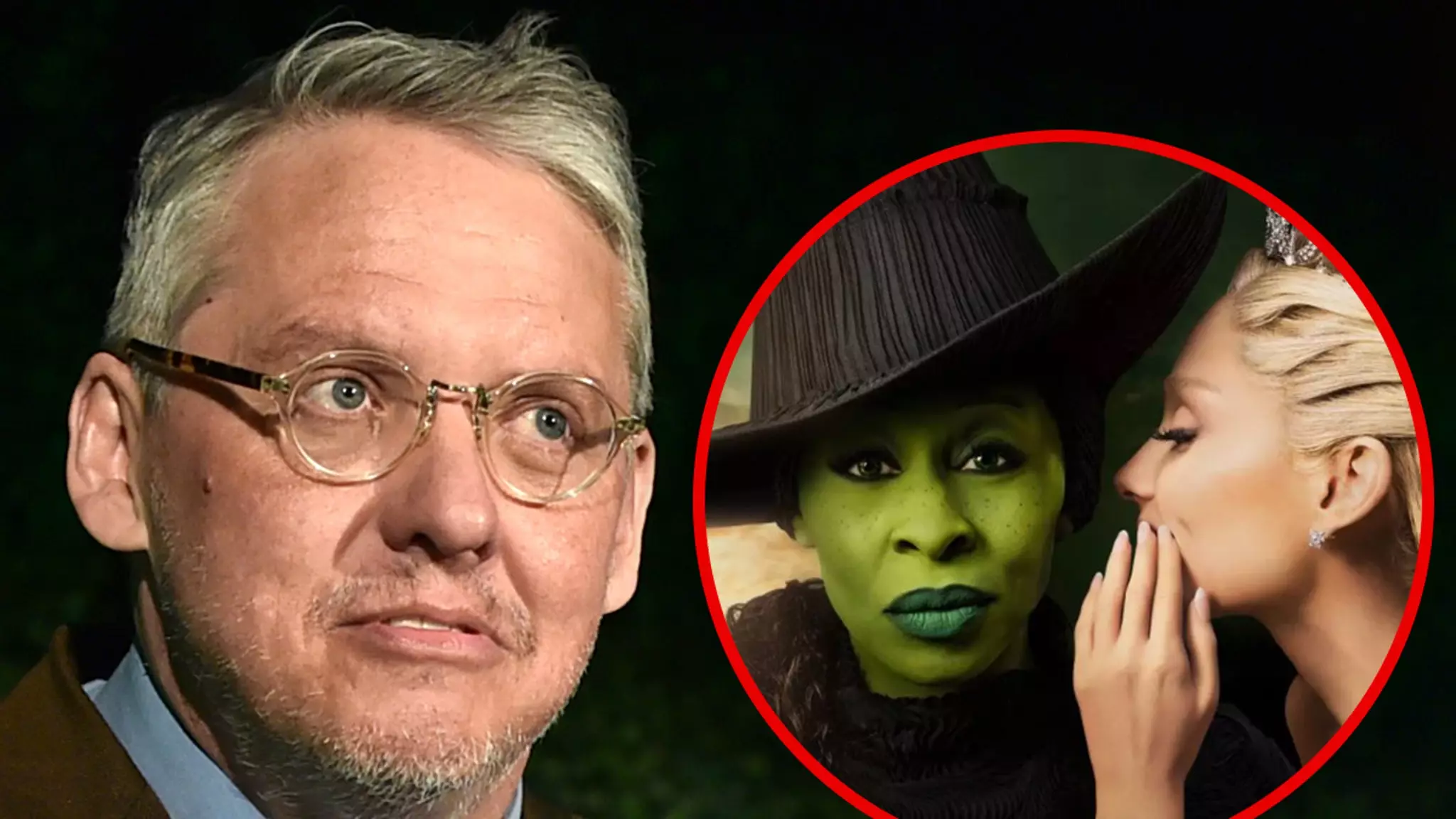Adam McKay, the acclaimed writer and director known for his Oscar-winning work, recently raised a flag regarding the film adaptation of the Broadway musical “Wicked.” Expressing his concerns on the social media platform X, McKay urges fans to view the film as soon as possible. He posits that looming political pressures may jeopardize its availability. The message of the film, he asserts, could be perceived as radical by certain political factions, heightening the risk of censorship as political landscapes shift.
A Radical Cinematic Experience
McKay describes “Wicked” as one of the most progressive big-budget films in Hollywood, a statement that carries significant weight in the current environment of Hollywood storytelling. He categorizes it alongside monumental films like “Citizen Kane” and “The Sound of Music,” all of which intertwine challenging themes of societal discord. In his view, “Wicked” is not merely a fantasy about witches and wizards; instead, it addresses profound themes of radicalization in response to oppressive societal structures such as fascism and propaganda. This characterization is especially relevant in a time when such themes resonate with audiences questioning traditional narratives.
The Forewarning of Censorship
McKay’s declaration includes a stark prediction that political trends in the U.S. might eventually lead to the banning of “Wicked” in a matter of years. While many people dismissed the notion, claiming that a musical’s appeal would shield it from censorship, the director believes this perspective overlooks the harsh realities of modern politics. The ongoing discourse surrounding free expression in art and literature is fraught with tension, as demonstrated by various instances of backlash against films and literature perceived as “woke.” McKay’s concerns sound a clarion call for vigilance, emphasizing that the potential for censorship is increasingly plausible.
The response to “Wicked,” which has grossed nearly $600 million internationally since its release in November, underscores its immediate popularity. Yet, the resonance of the film goes beyond just box office numbers; it encapsulates critical dialogues regarding racism and discrimination. The narrative of Elphaba, the Wicked Witch of the West, explores prejudice not as a distant concept but as a lived reality, particularly exemplified by the reactions to her distinctive green skin. Such storytelling imprints real-world issues onto fantastical landscapes, urging the audience to confront uncomfortable truths.
Interestingly, the discourse surrounding “Wicked” extends beyond creative circles into public opinion. Recently, a backlash emerged on social media related to a so-called “woke” disclaimer provided by British film boards, indicating the polarized nature of contemporary film criticism. This scenario showcases a growing chasm between audiences who embrace progressive narratives and those who advocate for traditional storytelling perspectives, adding layers of complexity to the conversation about artistic freedom in cinema.
In summation, Adam McKay’s reflections on “Wicked” illustrate a critical intersection of art and politics, urging viewers to engage with the film not only for its entertainment value but also for its socio-political context. His cautionary stance enhances the appreciation for storytelling that challenges the status quo, reaffirming the enduring power of cinema as a platform for discourse.

